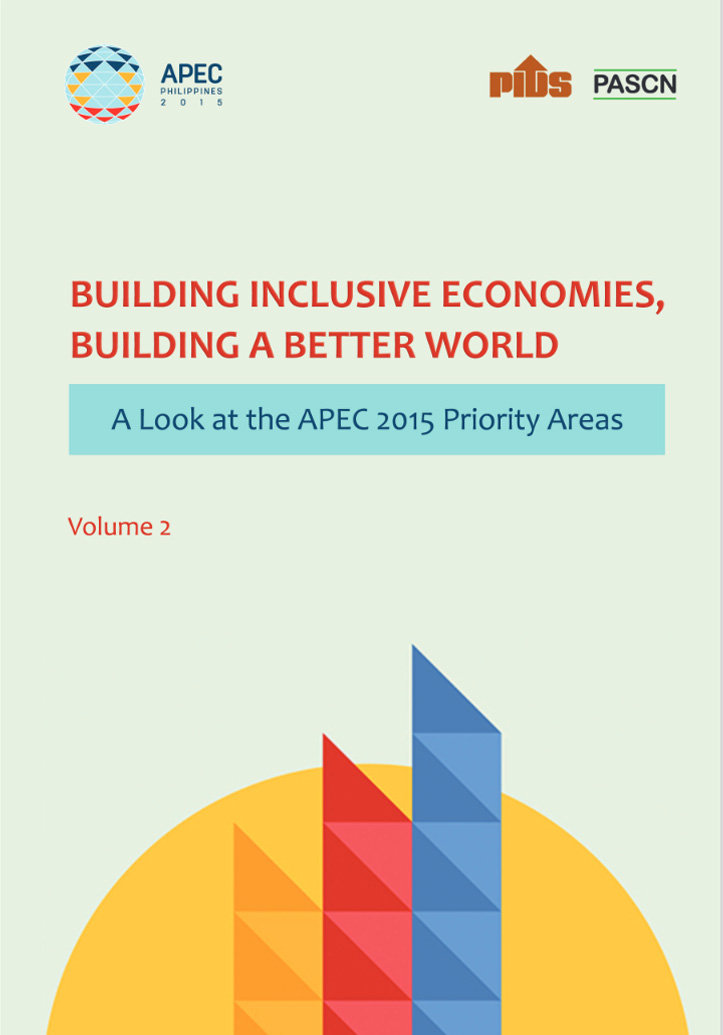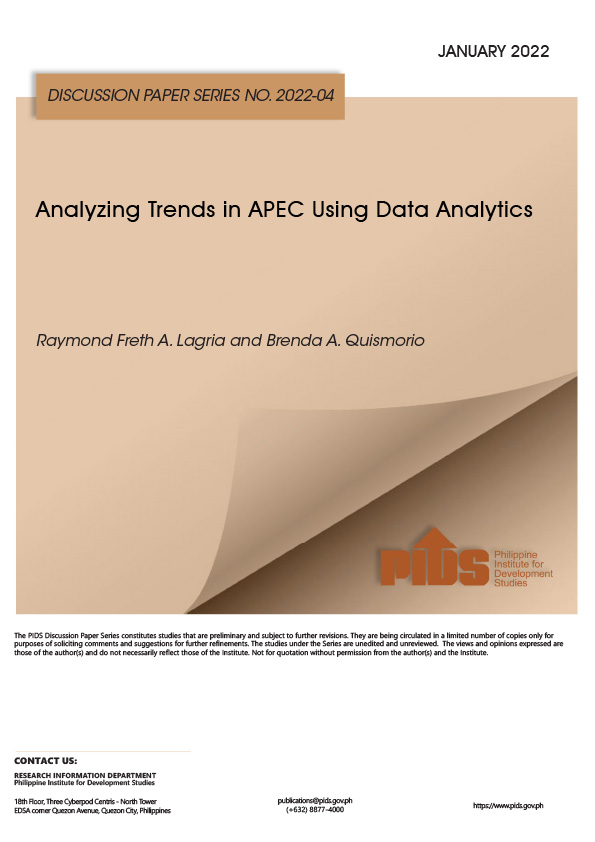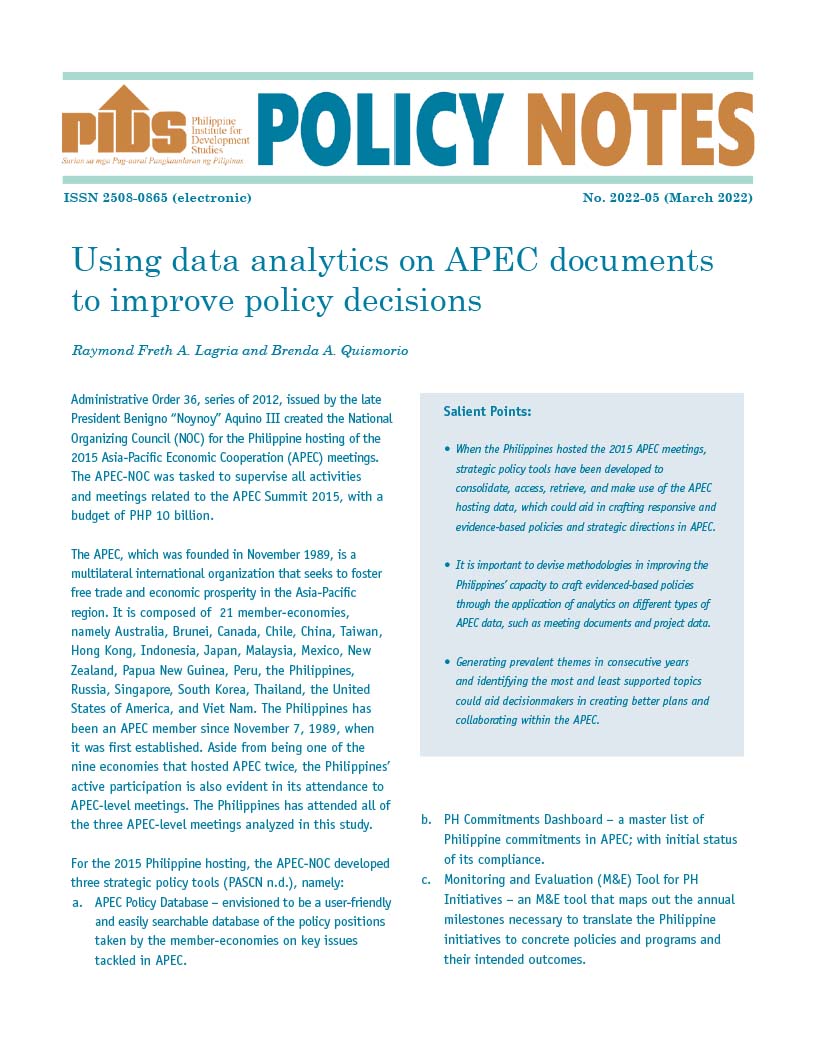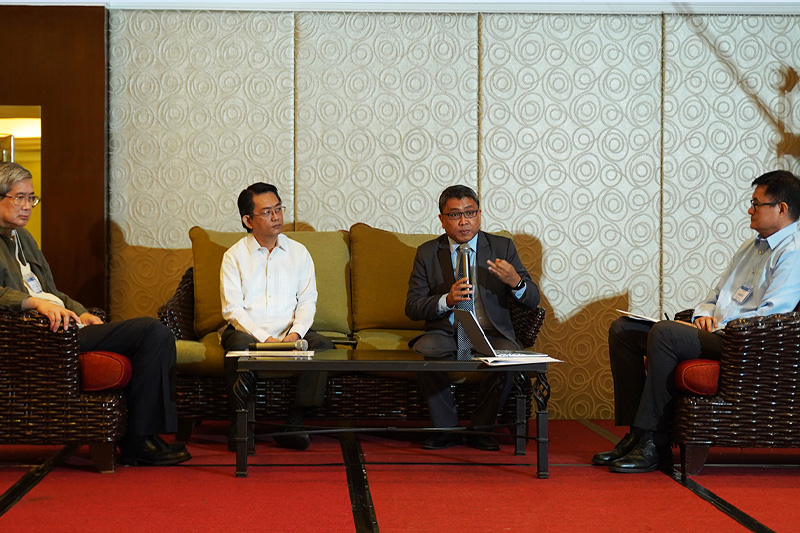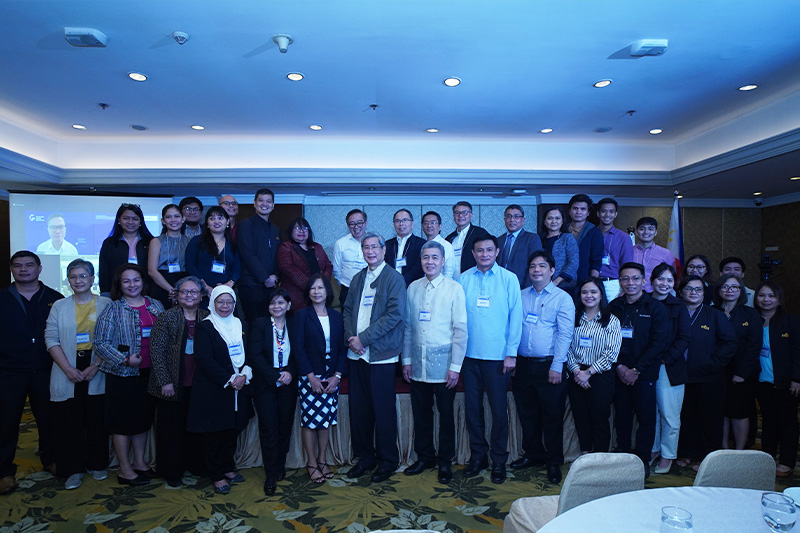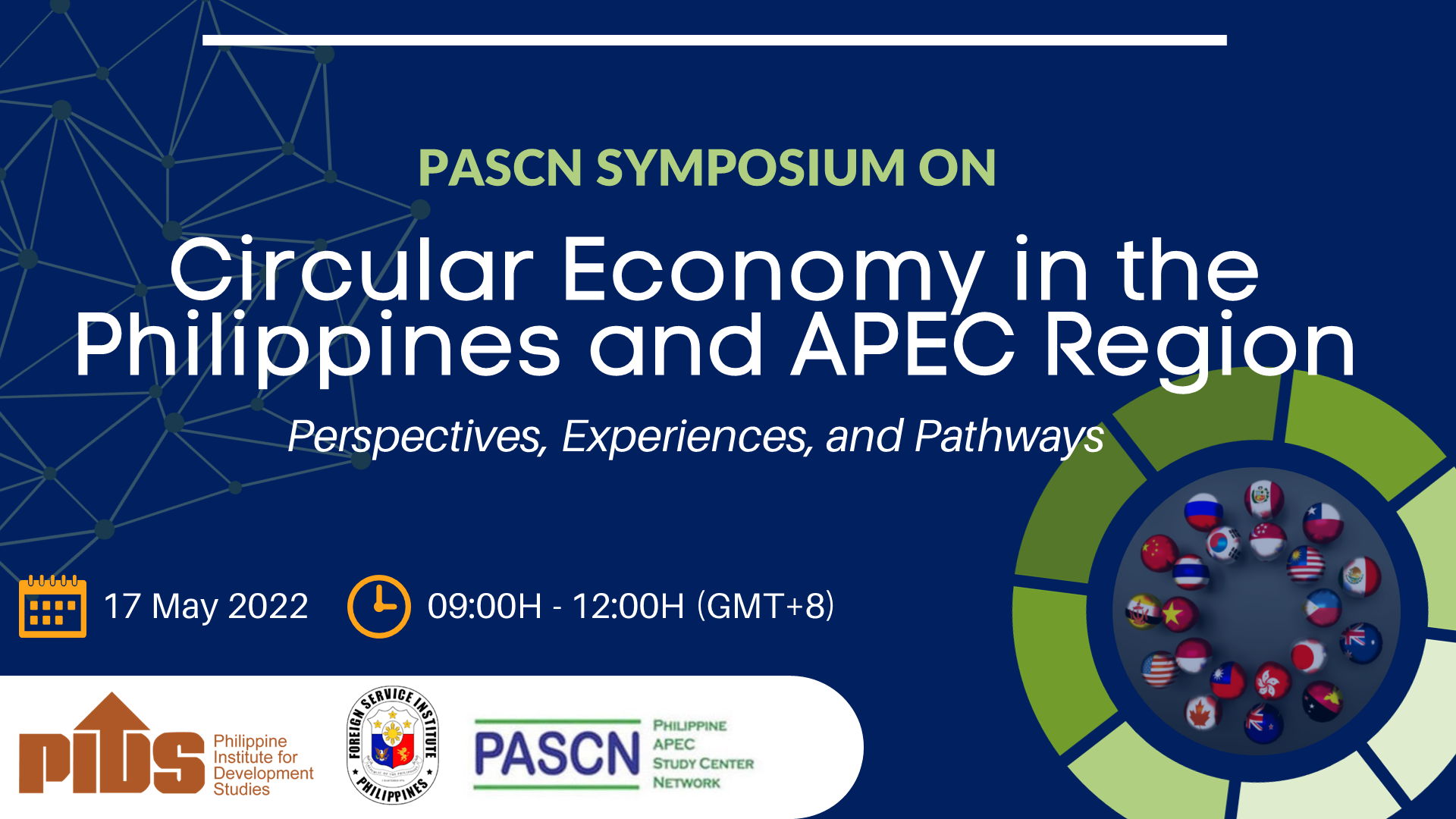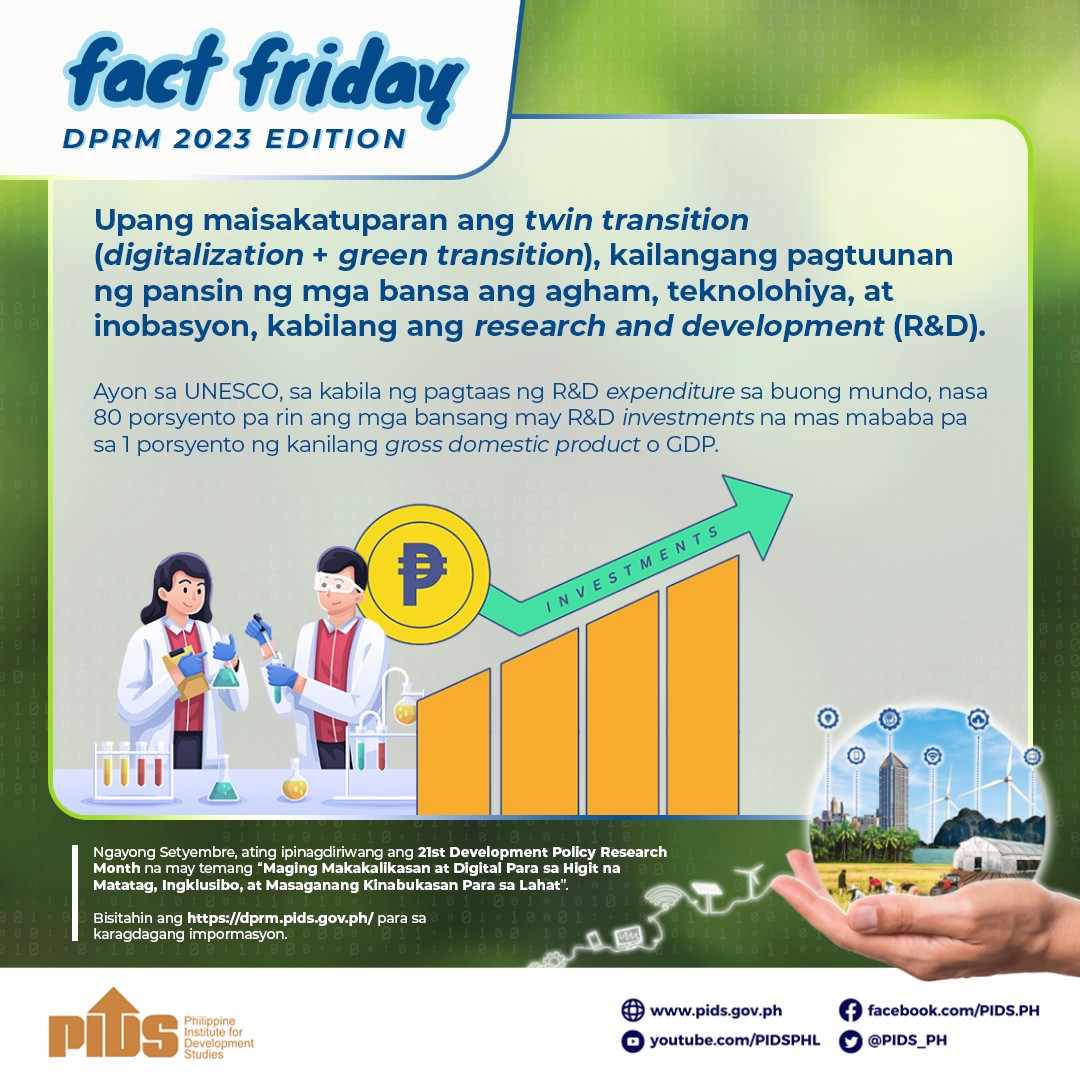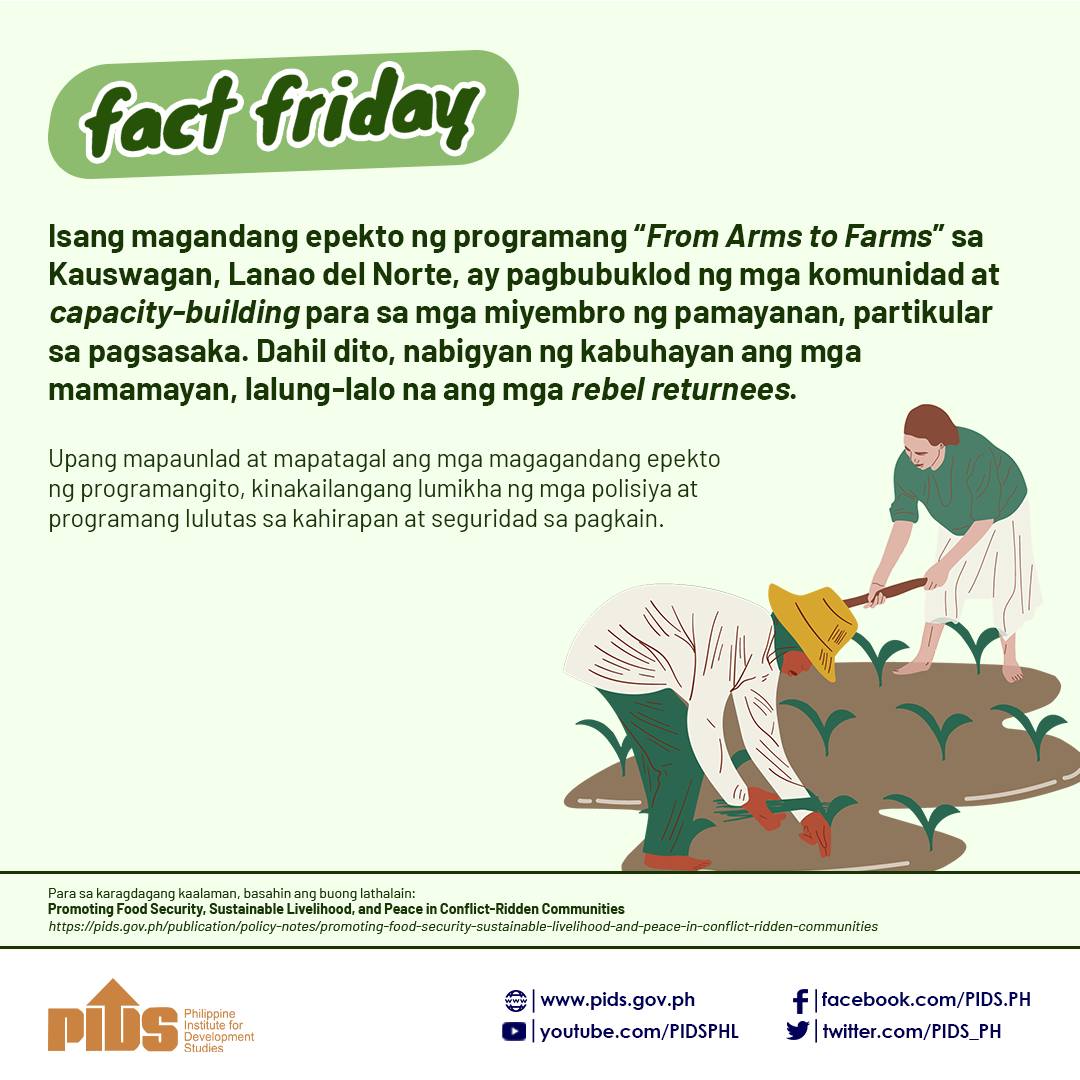Researchers from across the Asia-Pacific region will share their analyses and insights on Asia-Pacific Economic Cooperation (APEC) issues at the 2015 APEC Study Centers Consortium Conference on 12-13 May in Boracay Island, Philippines.
The conference is part of the Second Senior Officials Meeting (SOM2) and Related Meetings of APEC and organized by state think tank Philippine Institute for Development Studies (PIDS) and the Philippine APEC Study Center Network (PASCN), in partnership with the Ateneo de Manila University (ADMU) and the Asian Development Bank Institute (ADBI).
The PASCN, which is being led by PIDS, is one of the 20 APEC Study Centers (ASCs) in APEC member-economies. ASCs undertake research, disseminate information, and facilitate discussions on APEC-related issues to support the attainment of APEC`s vision and goals. The PASCN was established in 1996 through an administrative order as the Philippines` response to the APEC Leaders Education Initiative, which aims to develop regional cooperation in higher education and research. It is composed of the Asian Institute of Management, Ateneo De Manila University, Central Luzon State University, De La Salle University, Mindanao State University, Silliman University, University of Asia and the Pacific, University of San Carlos, University of the Philippines, Xavier University, Department of Foreign Affairs-Foreign Service Institute, and PIDS.
The annual ASCC Conference provides academics and scholars a venue to discuss and exchange ideas on the APEC themes and to identify areas for regional collaboration among the ASCs. The output of these discussions may serve as inputs to the different APEC working group discussions and may be integrated in the Leader's statements.
Discussions at this year`s ASCC Conference will zero in on the APEC 2015 theme of `Building Inclusive Economies, Building a Better World`, specifically on the four APEC 2015 priorities: enhancing the regional economic integration agenda; investing in human capital development; fostering SMEs’ participation in the regional and global economy; and building sustainable and resilient communities.
Discussions on how to enhance regional economic integration in the APEC region through the Free Trade Area of the Asia-Pacific (FTAAP), address issues pertaining to services, trade, and investment patterns, and improve supply chain connectivity are among the highlights of the conference.
The conference program also includes paper presentations on how to enhance participation of small and medium enterprises (SMEs) in the regional and global economy. For example, a researcher from the ADBI will discuss the internationalization of SMEs while another scholar from Korea will present ways on how financial cooperation can help SMEs` financing in Asia. A PIDS researcher, meanwhile, will discuss how micro, small, and medium enterprises can better prepare for natural disasters through business continuity planning.
Also included in the agenda are discussions on human capital development, and building sustainable and resilient communities in the region.
PIDS President Gilberto Llanto, Ateneo School of Social Sciences Dean Fernando Aldaba, ADBI Deputy Dean Bokhwan Yu and APEC Secretariat Executive Director Alan Bollard will speak at the opening ceremonies. More than 100 participants are expected to attend the two-day conference.
APEC is a 21-member association of economies from the Asia-Pacific region working together to advance regional economic integration and prosperity. Attending the ASCC Conference will be representatives of Australia, Brunei Darussalam, Canada, Chile, People’s Republic of China, Hong Kong, China, Indonesia, Japan, Republic of Korea, Malaysia, Mexico, New Zealand, Papua New Guinea, Peru, Republic of the Philippines, Russia, Singapore, Chinese Taipei, Thailand, United States of America, and Viet Nam.
For more information about the ASCC Conference, visit www.ascc2015.org.
The conference is part of the Second Senior Officials Meeting (SOM2) and Related Meetings of APEC and organized by state think tank Philippine Institute for Development Studies (PIDS) and the Philippine APEC Study Center Network (PASCN), in partnership with the Ateneo de Manila University (ADMU) and the Asian Development Bank Institute (ADBI).
The PASCN, which is being led by PIDS, is one of the 20 APEC Study Centers (ASCs) in APEC member-economies. ASCs undertake research, disseminate information, and facilitate discussions on APEC-related issues to support the attainment of APEC`s vision and goals. The PASCN was established in 1996 through an administrative order as the Philippines` response to the APEC Leaders Education Initiative, which aims to develop regional cooperation in higher education and research. It is composed of the Asian Institute of Management, Ateneo De Manila University, Central Luzon State University, De La Salle University, Mindanao State University, Silliman University, University of Asia and the Pacific, University of San Carlos, University of the Philippines, Xavier University, Department of Foreign Affairs-Foreign Service Institute, and PIDS.
The annual ASCC Conference provides academics and scholars a venue to discuss and exchange ideas on the APEC themes and to identify areas for regional collaboration among the ASCs. The output of these discussions may serve as inputs to the different APEC working group discussions and may be integrated in the Leader's statements.
Discussions at this year`s ASCC Conference will zero in on the APEC 2015 theme of `Building Inclusive Economies, Building a Better World`, specifically on the four APEC 2015 priorities: enhancing the regional economic integration agenda; investing in human capital development; fostering SMEs’ participation in the regional and global economy; and building sustainable and resilient communities.
Discussions on how to enhance regional economic integration in the APEC region through the Free Trade Area of the Asia-Pacific (FTAAP), address issues pertaining to services, trade, and investment patterns, and improve supply chain connectivity are among the highlights of the conference.
The conference program also includes paper presentations on how to enhance participation of small and medium enterprises (SMEs) in the regional and global economy. For example, a researcher from the ADBI will discuss the internationalization of SMEs while another scholar from Korea will present ways on how financial cooperation can help SMEs` financing in Asia. A PIDS researcher, meanwhile, will discuss how micro, small, and medium enterprises can better prepare for natural disasters through business continuity planning.
Also included in the agenda are discussions on human capital development, and building sustainable and resilient communities in the region.
PIDS President Gilberto Llanto, Ateneo School of Social Sciences Dean Fernando Aldaba, ADBI Deputy Dean Bokhwan Yu and APEC Secretariat Executive Director Alan Bollard will speak at the opening ceremonies. More than 100 participants are expected to attend the two-day conference.
APEC is a 21-member association of economies from the Asia-Pacific region working together to advance regional economic integration and prosperity. Attending the ASCC Conference will be representatives of Australia, Brunei Darussalam, Canada, Chile, People’s Republic of China, Hong Kong, China, Indonesia, Japan, Republic of Korea, Malaysia, Mexico, New Zealand, Papua New Guinea, Peru, Republic of the Philippines, Russia, Singapore, Chinese Taipei, Thailand, United States of America, and Viet Nam.
For more information about the ASCC Conference, visit www.ascc2015.org.

